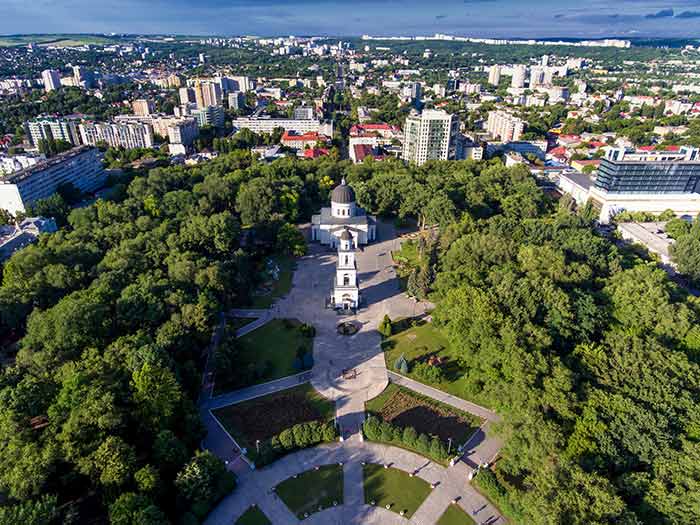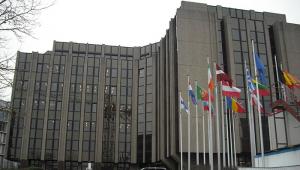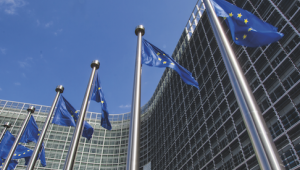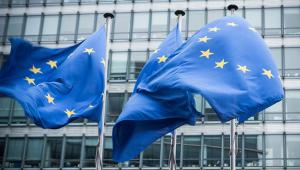web_chisinau_shutterstock_459050377.jpg

Chișinău, the capital of Moldova.
Plagued by widespread corruption and weak public institutions, Moldova has long been the poorest country in Europe, even before almost one eigth of its GDP ($1bn) was looted from three of the country’s main banks in 2014.
The country is also the biggest recipient of EU aid among the bloc’s eastern neighbours, with funds delivered since 2007 equating to nearly €37 per inhabitant per year (€37m).
Much of this is delivered in the form of budget support, which means the funds are transferred directly to Moldova’s treasury on the condition that certain reforms are met.
The European Commission stresses that working through national systems in this way strengthens ownership and reduces transaction costs for Moldova.
However, when the ECA’s auditors examined the EU’s budget support programmes for Moldova, in the sectors of public finance, justice, public health and water, they found “only limited progress”.
Hans Gustaf Wessberg, the member of the ECA responsible for the report, explained that the EU “faces significant challenges” in implementing assistance from Moldova.
“The combination of political and economic instability, weak governance and public administration significantly reduces the European Commission’s leverage to encourage reform.”
While auditors said a lack of political will from national authorities explained “some” of the shortcomings, weaknesses in the design and implementation of programmes was also a factor.
The ECA’s report said the commission was slow to respond to risks when they materialised, failed to align programmes sufficiently with Moldovan national strategies and did not fully use its power to set the preconditions for payment, reducing the potential benefits of programmes.
“The commission could have been more stringent when assessing whether conditions had been fulfilled and the granting of additional incentive-based funds was not fully justified,” it said.
The scope and time of projects was sometimes poorly coordinated with budget support programmes, it continued.
For example, specific technical assistance for the development of administrative capacity did not start until months after the main budget support programme, while other technical assistance and twinning projects were not always used to prepare or buttress budget support programmes.
The auditors made a number of recommendations to the commission for improving EU assistance to Moldova, including enhancing the use of an early warning system to mitigate risks, linking additional incentive-based funds to more clearly demonstrable progress and better linking programmes to national strategies.
In response to the auditors’ report, the commission pointed out that there had been progress in two out of four of the audited budget support sectors (water and health), but admitted this was “partial”.
In the other two sectors, it said more recent programmes were continuing and therefore their final results could not yet be measured.
This article originally incorrectly stated that one third of Moldova's GDP was looted from the country's banks in 2014. This was later amended to the correct figure of one eigth, or 15% of GDP.













